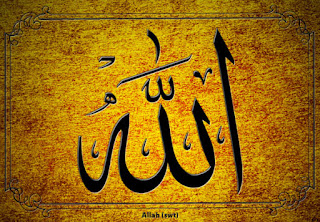“The month of Ramadan (is that month) in which the Quran was
revealed as guidance for mankind, clear proofs of right guidance, and criterion
(for distinguishing right and wrong). So whoever of you witnesses this month,
let him fast it.” (2: 186)
The
Quran is the living miracle revealed to the Holy
Prophet Muhammad (pbuh) and is the perfect Word of Allah (twa). It explains to
us where we come from and where we are going to, and leads us to the path of
eternal bliss, that is, paradise, but it also warns us at the same time of hell
and all paths which culminate to hell. It is a means of education, inspiration,
physical, mental and spiritual healing, yet the sad reality is that as we
continue to preserve the text, we have lost the meaning and injunctions, due to
our poor understanding.
There
is no means of deliverance in this Ummah,
unless we return to the Book of Allah. Indeed the Quran may be guidance for
humanity, but not all those who read it are guided, for such guidance has been
preserved for selected individuals (the Muttaqeen,
that is, the God-fearing and those who guard themselves against evil) who wish
to sincerely tread upon this enlightened path of ultimate guidance. Not only
does the meaning of the Quran inspire people from all over the world, the words
alone bear a magnetic force and have the ability to move people, who may not
know a word of Arabic.
The
Quran, revealed in the mother tongue of the best of mankind, our beloved
prophet Hazrat Muhammad (pbuh), and mother of all tongues has stood the test of
time for more than fourteen centuries and verily no other scripture can boast
of such an achievement. Rivers change their courses, kingdoms rise and fall,
languages become extinct along with its people and new ones are developed, but
not the Quran. Of course this preservation is due to the divine promise made in
the Quran itself, and verily Allah has enabled this miraculous preservation
through the love, devotion and care that generations of Muslim showed towards
the Quran but most importantly Allah accomplishes this task through raising
from time to time His chosen people, the messengers and reformers of Islam to
uphold the sanctity of the Quran and to expound it to others.





